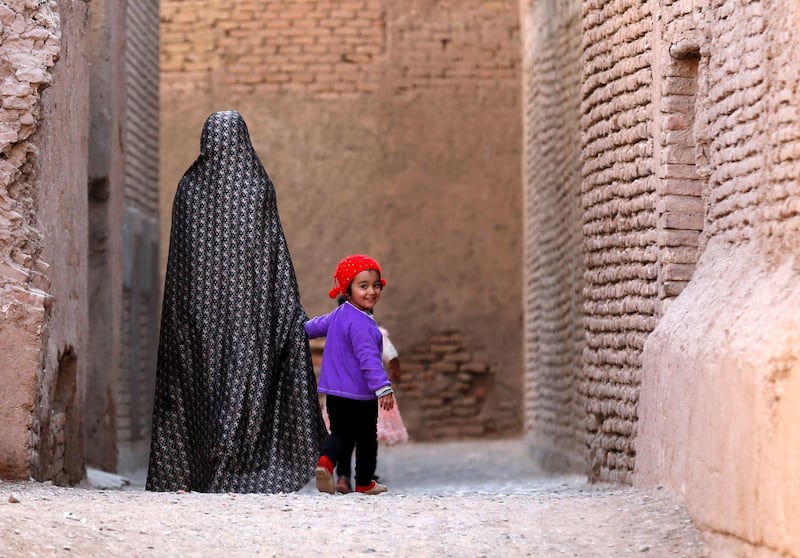Afghan children seeking asylum in the European continent are repeatedly being returned to the war-ravaged country with no safeguard or support on the ground, a report commissioned by Save the Children found.
In 2017, nearly 44,000 Afghans filed for asylum in Europe. The exact number of children repatriated from Europe to Afghanistan is unknown, but evidence collected by the Samuel Hall – a social enterprise that authored the report, titled “From Europe to Afghanistan: the Experience of Child Returnees” – suggests the experience is a harrowing one.
Out of 57 interviewed child returnees, nearly three-quarters did not feel safe during the returns process. Over half reported instances of violence and coercion and nearly half arrived in Afghanistan alone or were escorted by police.
Only three children interviewed received a specific reintegration plan and assistance once in Afghanistan.
One 19-year-old boy, who was 17 when he was deported from Norway, recounted how he was forcefully deported from Norway after joining his sister, who had been granted asylum in the country.
“My sister was separated from us in Turkey, forced by the smugglers. After one-and a-half, two years, we found out that she is in Norway. During this time, we were in Greece, we had to sleep in parks, it was a difficult life there,” he said, according to the report.
He arrived to Norway when he was 12 thanks to the family reunion program. Five years later, at the age of 17, he was deported together with the rest of his family. “The day of my brother’s birthday, my sister came to celebrate. Around midnight, around 15 police officers came and surrounded the house. They told us we had to pack our things and go back to Afghanistan. We were all shocked, we were crying,” he said.
He recounted being so depressed that he “could not think” and attempting to take his life the day before repatriation.
The boy is one of eight children – out of the 57 interviewed – who were born in Iran or Pakistan and had never been to Afghanistan. Return and (re-)integration have different meanings for these children as they prepare to set off to a country that has never been home, the report found.
The family of Afghani origin had suffered threats and discrimination in Iran, which prompted the decision to emigrate to Europe. Norway is not part of the European Union, but it is associated with the Union through its membership in the European Economic Area (EEA), which grants Norway access to the single market.
Similar cases involving children deported from EU member states, including Austria, Bulgaria and Sweden, were also documented.
Of the 53 interviewed children, only ten neither wished nor expected to re-migrate in the next year, which suggests that the support necessary to ensure sustainable returns for children are not in place.
While 45 children had attended school in Europe, only 16 were attending school in Afghanistan.
Human rights organizations have denounced the return of Afghan refugees, claiming that the institutions remain “wilfully blind” to the plight of Afghan nationals.
Save the Children, together with other organizations, has called for a moratorium on the repatriation of Afghan asylum seekers.






